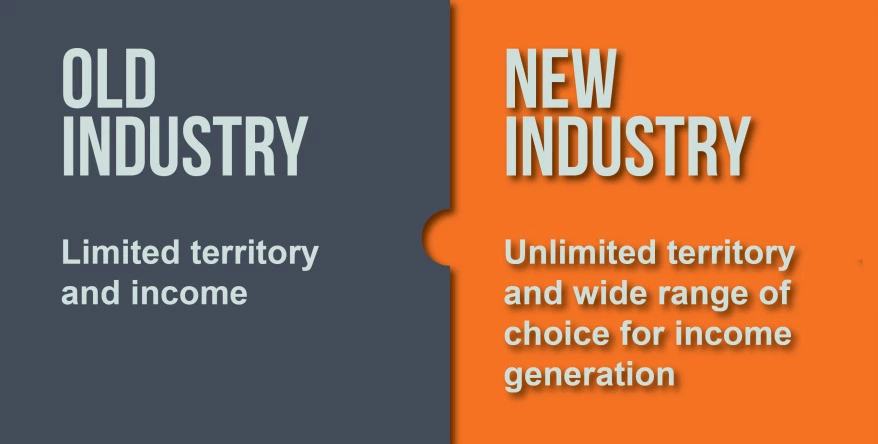The Platform economy is changing the world as we know it. In Part 1, we saw how a clutch of large technology companies have created value at unprecedented pace and scale, by building Platforms that enable consumers and producers to connect seamlessly on a global basis. The dominance of companies like Microsoft and Google in their respective spaces, has been enabled by product bundling strategies – which have been seen by competition, governments and regulators as monopolistic.
Attempts by Regulators to control these practices, have typically been late, limited and ineffective. This is a familiar story that plays out in every sector, where Technology is leading the Disruption of old established industries. Regulators are like the proverbial Hindi film cops of the 70’s and 80’s – who make an appearance in the final scene of the movie, when all the action has already played out between the main protagonists!
A classic example, was Napster, the peer to peer file sharing platform, which launched in 1999 and quickly attracted 20 million+ users swapping music files. A San Francisco judge shut it down, on grounds of copyright infringement in 2001. But 2 years – and the several look-alikes it spawned, were enough to change the face of the music industry as we know it.
Let’s look at Uber – the ride hailing start-up founded in 2009, which is now worth USD 120 billion!
Started in San Francisco as a faster, easier way to order black-limousine services, with one-touch from your smart-phone, it quickly disrupted the traditional Taxi industry across cities in the US and then across the world. Uber, with its disruptive technology, opened up the taxi labour market by giving the opportunity to anyone with a car and driver’s license to make an extra income. An entrepreneurial dream, enabled by Technology, but never imagined or planned for by Regulators! The stage was set for a war – this one much like guerilla warfare, in city after city across the world.
Resistance was the stiffest, in Europe. In 2014, taxi drivers in London, Berlin, Paris, and Madrid staged a large-scale protest against Uber – protesting that since Uber avoids their expensive license fees and bypasses local laws it creates unfair competition. The case was heard by Europe’s top court in December 2016. Uber lost its license to operate in London in October 2017. But it continued to operate, pending appeal of this decision. In December 2017 the European Court of Justice ruled that Uber was a transport company, subject to local transport regulation in European Union member states, not an information service, as it claimed.
Uber is significant, as the term ‘uberise” has become synonymous with the disruption of traditional industry structures.
The legal and regulatory battles will go on. The contest between Established leaders vs New age disruptors has age-old values at stake – consumer choice, free markets and the value of intellectual property. But it needs Law makers to understand the fast changing Platform economy and frame new regulations, to address the interests of new and old players, as well as consumers.
The Platform Wars – 1
https://blog.indusguru.in/2018/09/the-platform-wars-a-trilogy-in-5-parts/
#PlatformWars #uberise #Napster #Google #Microsoft
